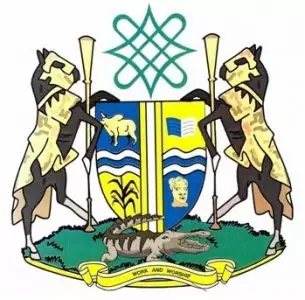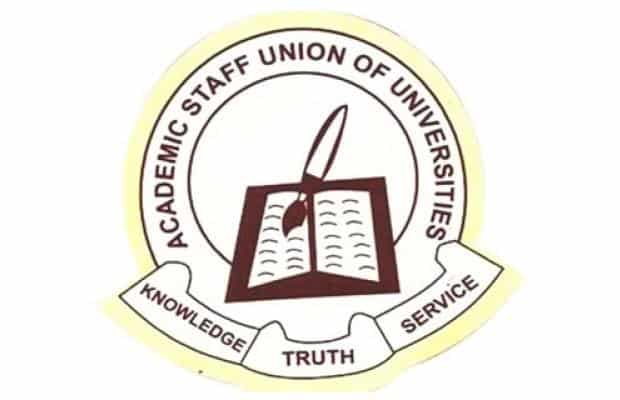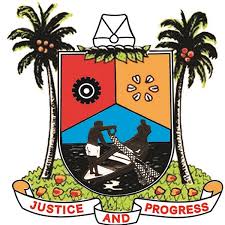
However, Ibrahim Dalhatu, the head of the NUT in Kaduna, stated to the journalists that the competency test as well as the firing of the teachers were both unconstitutional.
According to a statement issued by KADSUBEB on Sunday, the Board will conduct a competency test for over 30,000 teachers in December 2021.
According to KADSUBEB, 2,192 primary school teachers, including the NUT National President, were fired for refusing to take the competency test.
According to the report, 165 of the 27,662 teachers who took the competency test were also fired for poor performance.
Similar Posts:
According to the Board
“In December 2021, KADSUBEB conducted another competency test for teachers in response to the State Government’s resolution for continued assessment of teachers to ensure better delivery of learning outcomes for pupils.”
“The services of teachers who scored less than 40% are no longer required, and their appointments in the Public Service have been terminated due to their poor performance.”
“Teachers who scored 75% or higher are recognised as having passed the test and are qualified to attend leadership and school management courses.”
It stated that qualified teachers will be included in Teacher Professional Development (TPD) programmes to improve their abilities to provide quality instruction to students.
“Teachers who scored between 40% and 74% but did not meet the minimum pass mark will be given another chance to improve their abilities.”
“With the help of the state government and development partners, KADSUBEB has launched viable teacher training programmes under its statutory TPD.”
“To minimise disruptions to teaching and learning, the training programmes will be conducted during the end-of-term vacation and in their respective schools.”
“They are also encouraged to supplement the government’s efforts by pursuing personal development for their own benefit.”
“The board assures teachers and the public that it remains committed to ensuring their continuous professional development and improving pupils’ and students’ learning outcomes,” KADSUBEB said.
In response, Dalhatu called the competency test and the dismissal of the teachers illegal.
“We obtained a court order restraining the Board from administering the competency test; the test was administered without regard for the rule of law.”
“After learning that the intention was to fire them, we asked the teachers not to take the exam.”
We warned that any teacher who took part in the illegal examination would not be protected by the union if they were victimised, but some teachers still took the exam out of fear.
“We are not opposed to the administration of the competency test if proper procedures are followed, but it should not be used as a basis for dismissing teachers.”
“The competency test should be used to identify teachers’ capacity gaps and tailor specific training programmes to help them improve their capacities,” he said.




